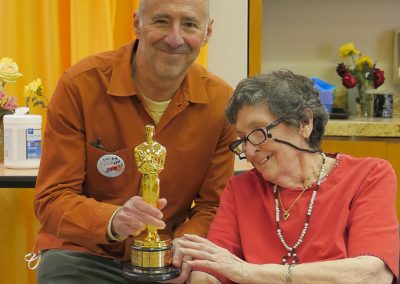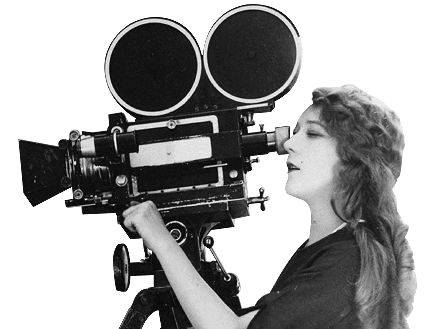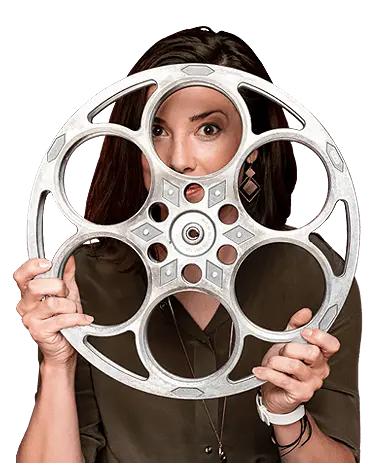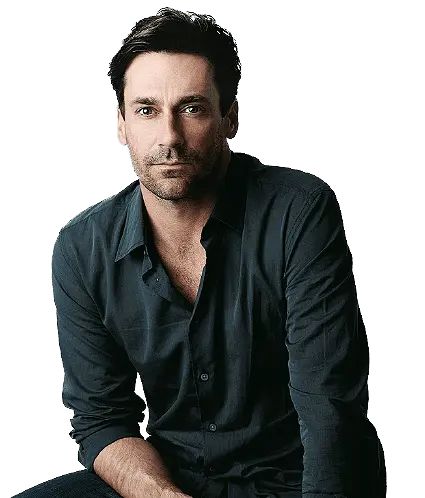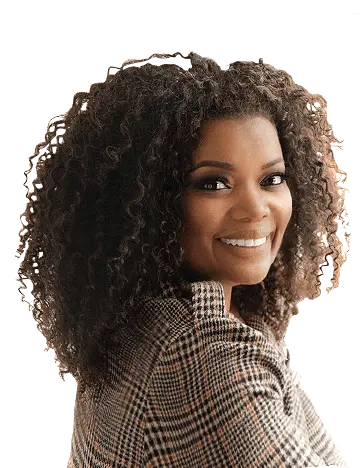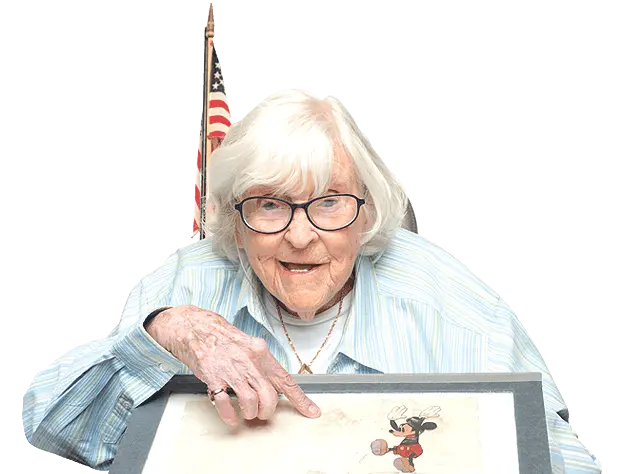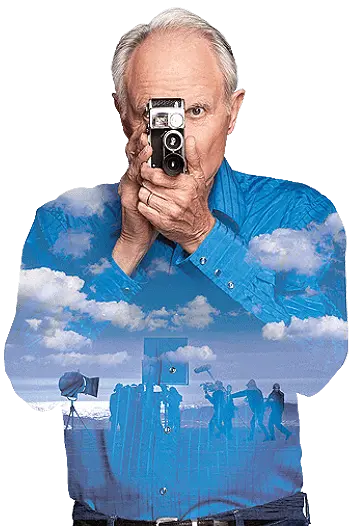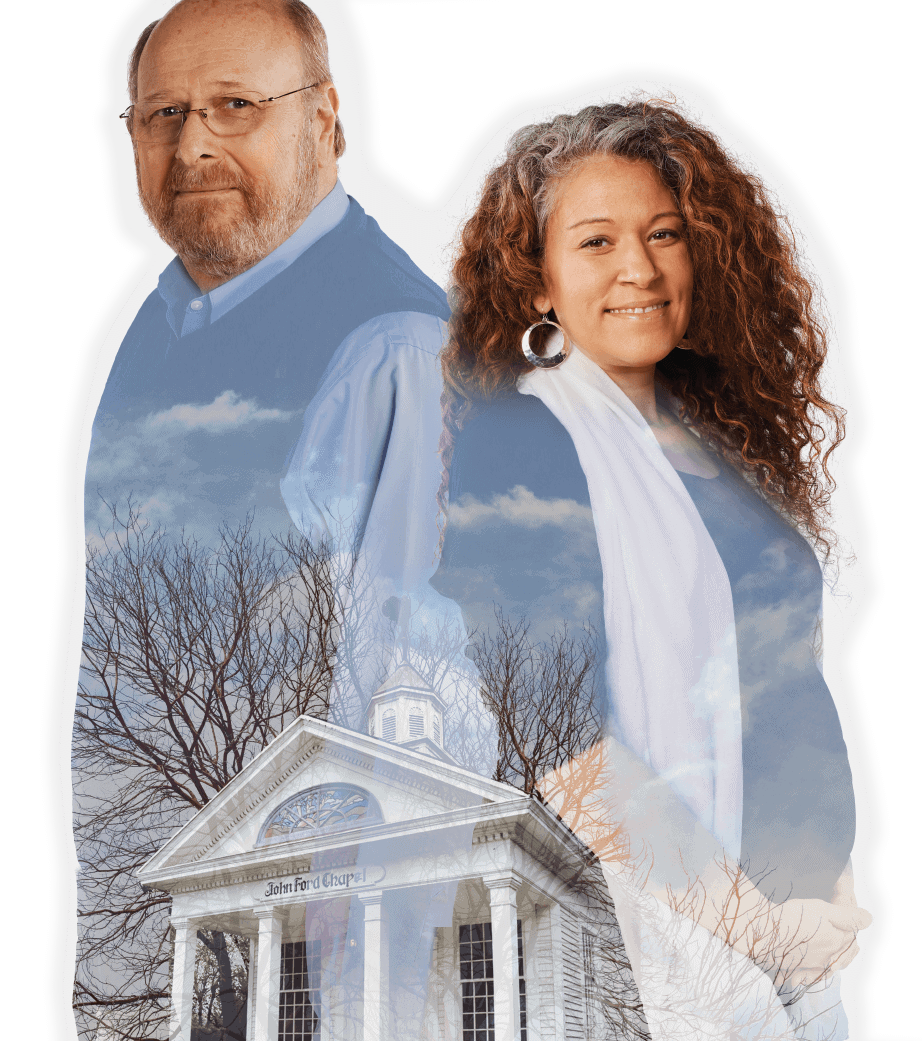
A CALLING
Celebrating Life
Learn how our campus Chaplains look at life and their role in our community.
A CALLING
Celebrating Life
Learn how our campus Chaplains look at life and their role in our community.
SERVICES HIGHLIGHTED IN THIS STORY: SPIRITUAL CARE >
The powerful duo of Chaplains Dina Kuperstock and Rabbi Arthur Rosenberg offer an uncommon glimpse into trying times, and what precisely that can mean in moments that are as monumental as they get.
Human spiritual communication is critical for a campus serving elderly members of our community. “We listen. Share silences. We walk into every encounter with the potential for something sacred to happen. Two people, two human souls sitting together is meaningful. One of the most meaningful things for me is those times that can be the most scary or painful and to create beauty in those moments,” Dina explains.
“Chaplains are not faith specific; they have to do with the existential experience of a person’s life. Chaplaincy can help people redirect away from feelings of anger and disappointment, get back to their own reality, and how best to tell their story through their living.” explains the Rabbi, Arthur.
After 40 years of acting, Arthur “felt a spiritual pull.” You can hear it in his voice: “previously, all I wanted to do was be an actor and be famous. Yet my life today is better than anything I ever could have conceived of.”
He illuminates, “We all have an expiration date. What is really important, the way to deal with it, is that you stay in the present moment. Because the past is over, you can’t go back. Poets have written about it for centuries. We only live in the perpetual today. ‘Why are we here?’ I would say it is to love and be loved. And how do we use that on any given day? How does that love manifest itself into action?”
“We only live in the perpetual today.”
– RABBI ARTHUR ROSENBERG
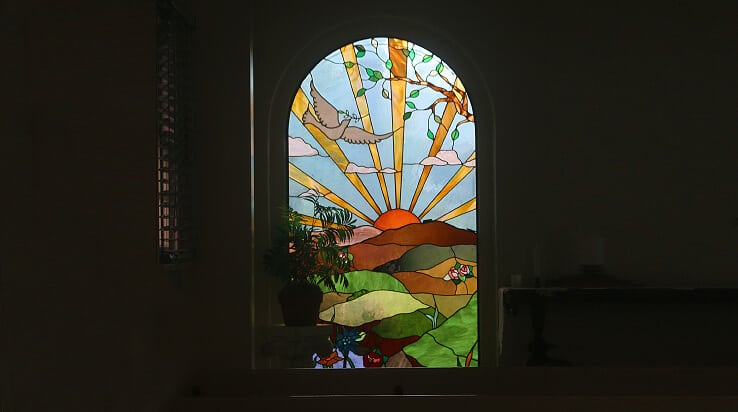

“We only live in the perpetual today.”
– RABBI ARTHUR ROSENBERG
When residents first move to campus, they answer some provocative intake questions with their spiritual advisor: “If you could direct your last scene, ‘What would the choreography look like?’, ‘Whose voices would you want to hear?’” Dina gently encourages people to think about end-of-life scenarios that remain only loosely considered for many.
She poignantly illustrates the inquiry, “At any age, when you get a serious diagnosis, it can raise a lot of spiritual questions, such as: ‘Who am I?’, ‘Do I have a core self that has value despite what is happening to my body?’ ‘What gives me a sense of purpose?’” In trying times, these questions can be disorienting. But they can also be an opportunity for healing.
When asked: if given one wish for humanity what would it be, Dina pauses and responds thoughtfully, “Resilience. I don’t hope for a world with no challenges. I hope for a world in which when people encounter challenges, they can navigate through them and come out stronger and more whole.”
For Arthur: “that we learn patience and acceptance. To be patient and gentle with each other. That’s what I work on every day.”



